Karen Tay, Singapore's Smart Nation director, was recently in Washington D.C. to run a workshop for the World Bank on how to develop “smart cities." She says: “'Smart cities' is honestly a buzzword... when I get invited to speak, most people expect me to start with cool tech like AR, VR, AI, modeling and simulation, blockchain and the like. The fact is that cities are complex ecosystems with very established ways of operating. If we want to disrupt them with technology in a way that benefits the masses (i.e. not just the upper middle class), we need dedicated work from the ground-up, coupled with political commitment." Karen Tay's five tips for smart city efforts come from conversations and projects with smart city leaders around the world.






 Your new post is loading...
Your new post is loading...
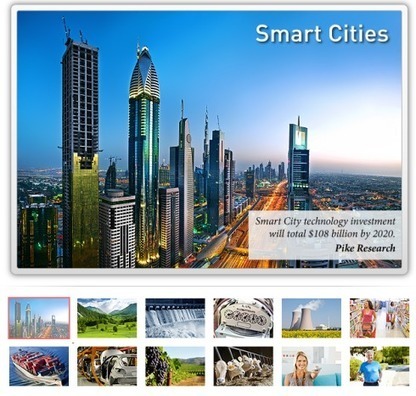



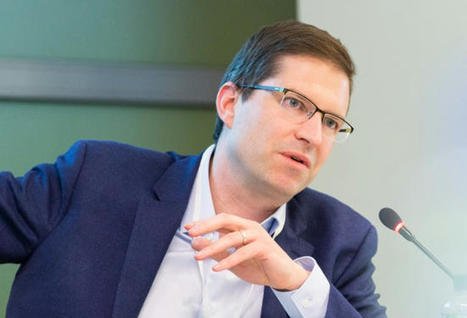
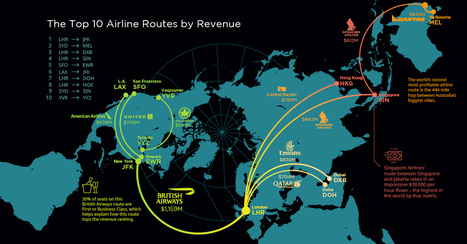


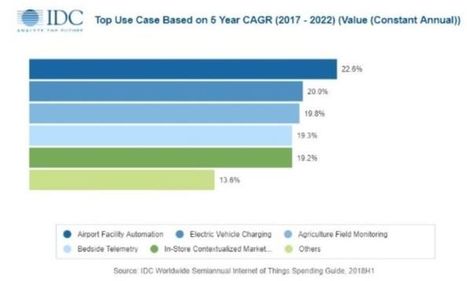
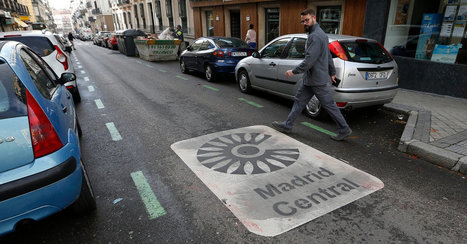
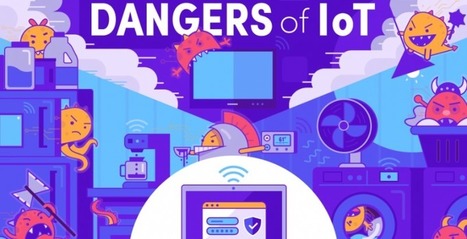




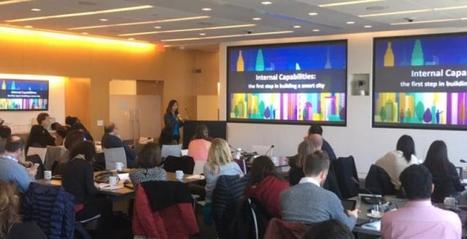
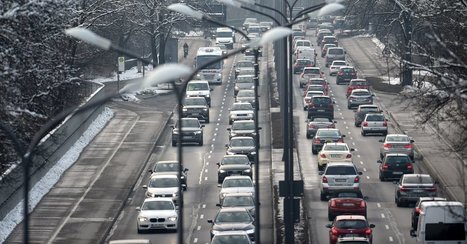


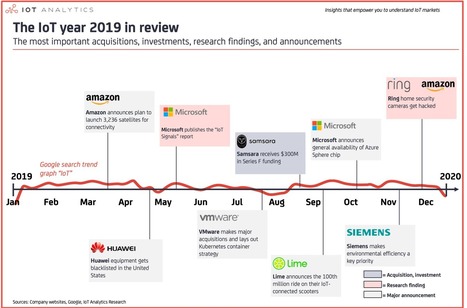
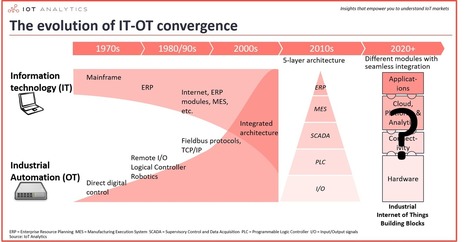
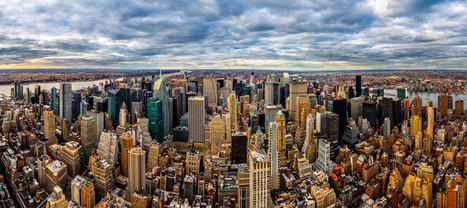
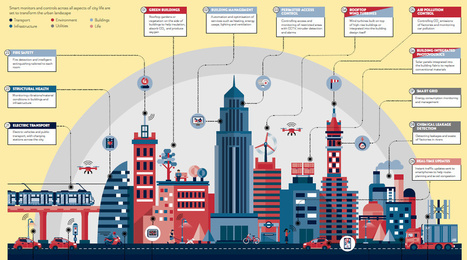


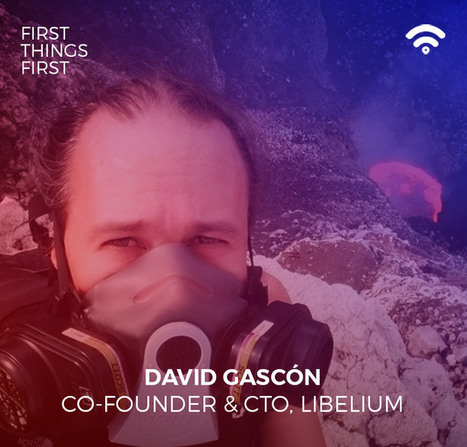
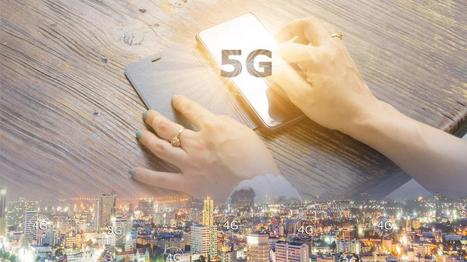
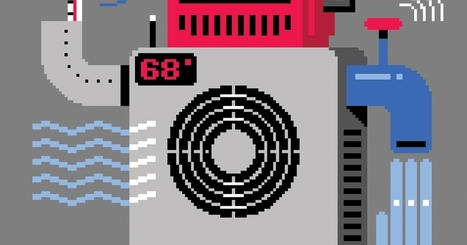

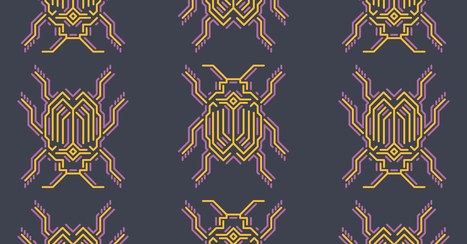







Here's a solution to help urban air management:
IoT technology manufacturer Libelium is offering to install for free its Air Quality Station air pollution analysis metrology devices in cities that meet its set of criteria.
The new Air Quality Station is based on machine learning algorithms and statistical data analysis. The device learns and improves its accuracy as it acquires data that is compared and analysed with those recorded by official reference stations.
“With this new platform, Libelium helps smart cities to add capillarity to their urban air measurement network,” said Alicia Asin, CEO of Libelium.
“Many cities have a single device with high metrological capacity that costs hundreds of thousands of euros so they can only measure pollution levels in a certain location. With IoT technology, more measurement points can be added with quality and precision devices that reduce the required investment to a tenth of the cost.”
Libelium reports it has tested the new technology at five sites with different weather conditions and different pollution levels to feed the artificial intelligence (AI) of the device and provide continuous improvement in the accuracy of the device.